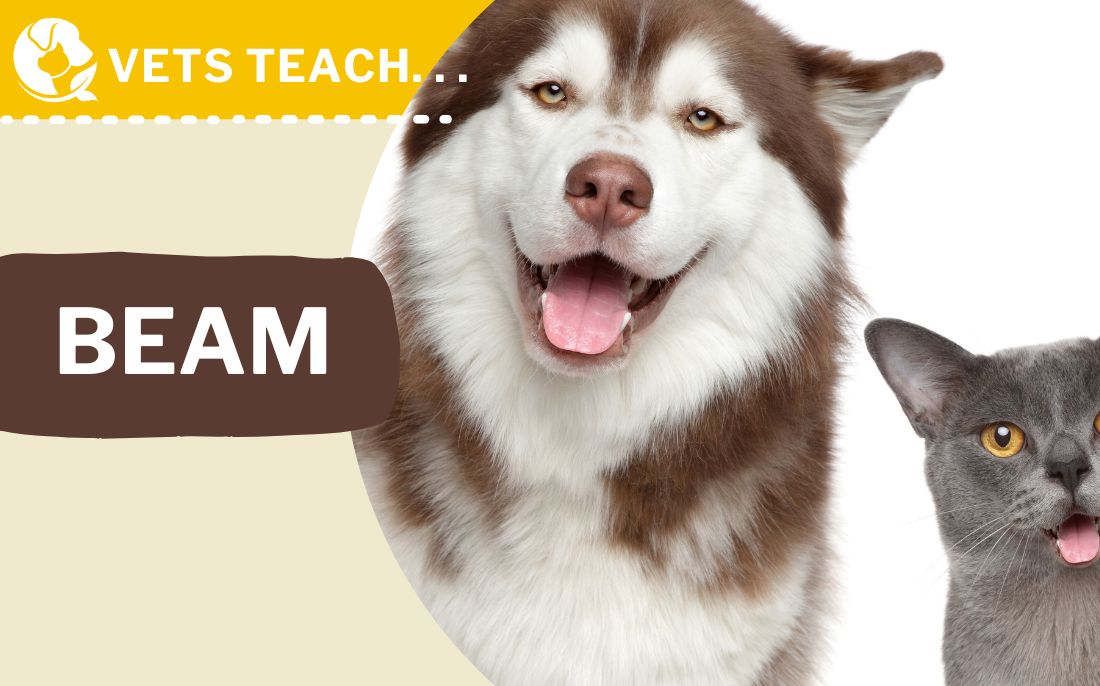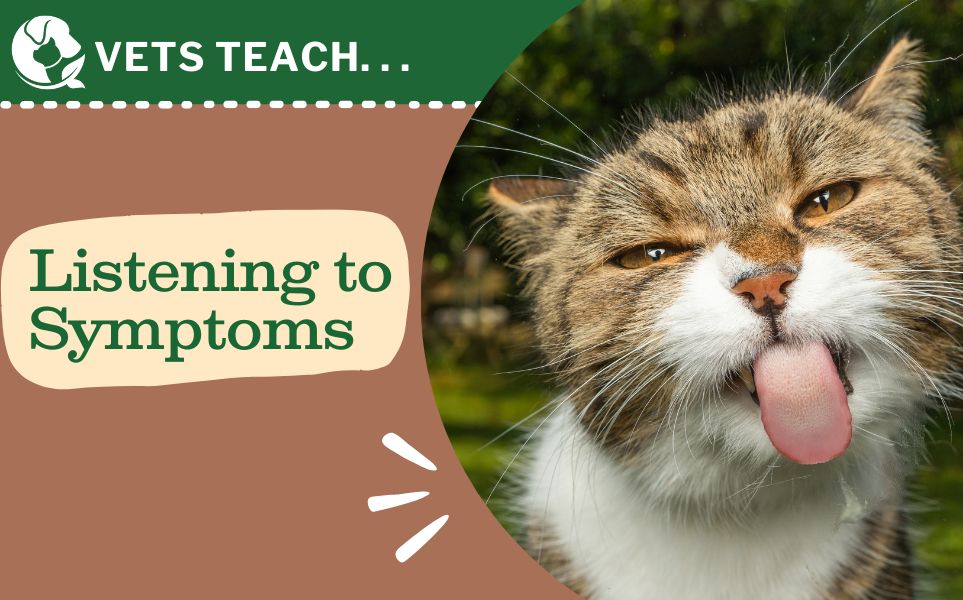PaulC
Registered
- Joined
- Jan 3, 2023
- Messages
- 2
- Oliver
- 6 years, 2 months (DOB: 10/10/2016)
- Male
- Neutered
- Miniature Dachshund (Black and Tan)
- Approximate weight: 10.3 lbs.
- BEAM: At baseline, in the house with us, Oliver is an active, playful, affectionate, and happy dog who enjoys the companionship of our pack (myself, my partner, Kyle, and his “brother” Dexter (another miniature dachshund that we rescued about 10 years ago (now age 13). While Oliver enjoys playing, he likes to snuggle in his bed with us nearby. He really enjoys being petted (physical touch), interactive play, and being spoken to. Also, he really loves his food and treats. We feed him three meals a day. Oliver wakes up each morning ready to eat breakfast and embrace the day. He sleeps through the night in his bed, which is on the floor next to ours. He knows when 8 hours has passed and will remind us when it is time to get up. Oliver likes walks, but they are stressful for him.
- Diet: Superfood Complete by Badlands Ranch (This an air dried formula and the main ingredients are Beef, Beef Heart, Beef Liver, Salmon, Flaxseed, Sweet Potato, Pumpkin, Calcium Carbonate, Carrots, Broccoli, Chia Seeds, Blueberry, Ginger, Salt, Turmeric, Lions Mane Mushroom. He also eats food by Honest Kitchen: Small Breed Whole Grain Chicken and Oat Formula, as well as Turkey and Autumn Vegetables Pate Wet Food.
- Vaccination history: Oliver has received the 3-year Rabies vaccine on 4/29/21 and the Distemper vaccine on 6/20/22. He has not had any other type of vaccine since we adopted him.
- Primary problem, onset, contributory factors, and treatment: We adopted Oliver in May of 2019, when he was he about 3 years, 7 months old. Prior to that time, he lived in a foster home briefly after being given up by his original owners. Reportedly, there was a divorce and Oliver lived with the father and daughter for a period of time, and then he went to live with the other parent (mother). When we adopted him, we were told that Oliver had significant anxiety but were not initially told about his fear-based aggression. From reviewing his adoption records, before he came to us, Oliver was taking Fluoxetine (10 mg). Also, in his adoption paperwork, it appears that Oliver was positive for Lyme. Reportedly, a urine test was completed and did not show any protein. The doctor said that he didn’t need any treatment and that he had only been exposed. Prior to coming to live with us, Oliver had been taken off of the Fluoxetine as it was hoped that he would “calm down in his new home.”
To date, we have worked with two different dog behaviorists who have been very helpful for us, especially in understanding how Oliver may think and feel, but Oliver has not made very much progress with his anxiety outside of the home and his fear-based anxiety/aggression. Perhaps, the best description is that it has been somewhat up and down as the results fade without constant edible reinforcement. Part of the problem may be that we do not have people who visit our home very regularly. We do have a primary dog walker (as well as a back-up person when the primary walker is not able to come). They come every day while we are at work (M-F) so that Oliver and Dexter get out of their crates and get a walk midway through the day. Oliver does well with both of them. For the most part, Oliver does okay with our daily routine on weekdays; however, when we go out for several hours on a weekend, he struggles more with his separation anxiety.
To this day, in our home, Oliver has been great with both of us and with Dexter. He has bonded with us all. There is no hint of aggression of any kind with any of us. However, on our walks, Oliver seems guarded and will bark at cars and other people. He seeks to be in the lead, on alert, and monitors for cars, people, and other animals. He does not seem to be aggressive with other dogs, though his exposure has been somewhat limited. While in the house, Oliver is reactive to noises that he hears coming from outside - people, cars, delivery trucks, etc. When we get up, look out the window, and tell him that we are okay and all set, he will sometimes calm down. He is protective of the front door of the house. In the winter months, Oliver can be cold and likes to sit near heating vents. Intermittently, he will repeatedly lick his front toes, the couch, and/or the rug at times though this is not in response to any consistent antecedent that has become evident to us. One hypothesis of ours is that it may be self-soothing in nature.
On his appointments with our veterinarian and other specialists, when not with us, Oliver tends to be stoic and not thrilled about it but does not bark or become aggressive. When we are present in the waiting room for his appointments, he gets very upset with barking and growling at everyone present. Since COVID-19 restrictions, we learned that Oliver does better without us, and we don’t go in with him anymore. You can actually see a transformation during the handoff while he is in the carrying crate and the veterinarian or tech is speaking with us. They say he’s great and did well with them, and then he begins growling and barking at them once he is back in our presence.
Our primary veterinarian, Dr. Paradise at NorthPaws, was consulted about Oliver’s behavioral issues. There has been bloodwork done on different occasions with no significant findings. No other medical issues have been identified for Oliver that may be contributing to his anxiety. Our veterinarian decided to put him back on Fluoxetine (5mg) about 8 months ago, though the response has been pretty lackluster. While it helped some (though not much) with his separation anxiety, it has not made much difference with his anxieties outside of the home and his fear-based aggression. Oliver took CBD made by Ellevet Sciences in the past with not much change/effect on his anxiety. With his separation anxiety, the things that seem to help are the use of lick pads, calming music, structured routines, exercise, and cozy blankets. He has not had any homeopathic treatment as of yet. (Laurie Lofton treated a previous companion dog who had Cushing’s Disease, so we are familiar with it). We have researched many different supplements. A concern that we have is any interaction between supplements like L-Theanine (as well as other supplements) and the SSRI (Fluoxetine). Oliver’s veterinarian suggested raising the dose of the Fluoxetine to 10 mg, though we would like to try something else before we do this. Our veterinarian supports the idea of a holistic approach.
Other Concerns: Oliver had successful dental surgery and teeth cleaning about a year ago. He had four teeth extracted (107, 108, 207, 208). We continue to brush his teeth daily, which he has grown to enjoy. As mentioned, Oliver has T12-L1 Intervertebral Disk Disease for which he had successful surgery in September of 2021.
@Dr. Christina @Dr. Jeff @Dr. Sara


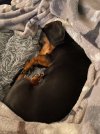


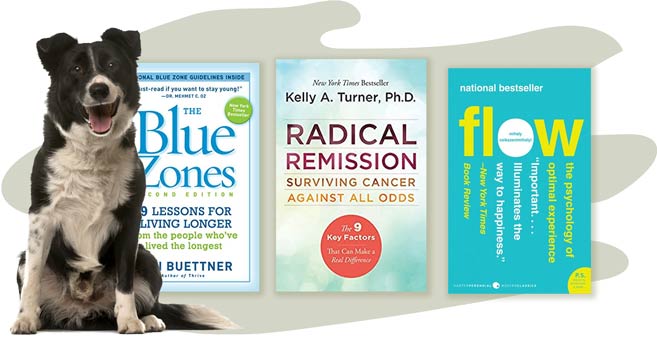
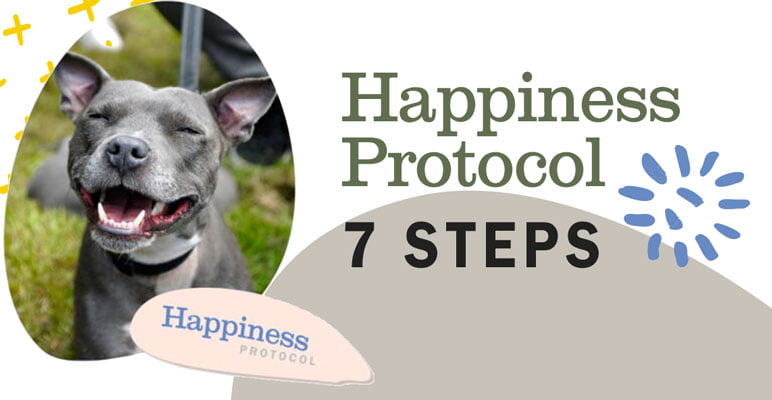
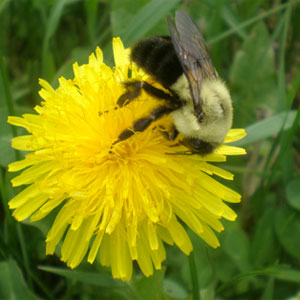
 ??
??